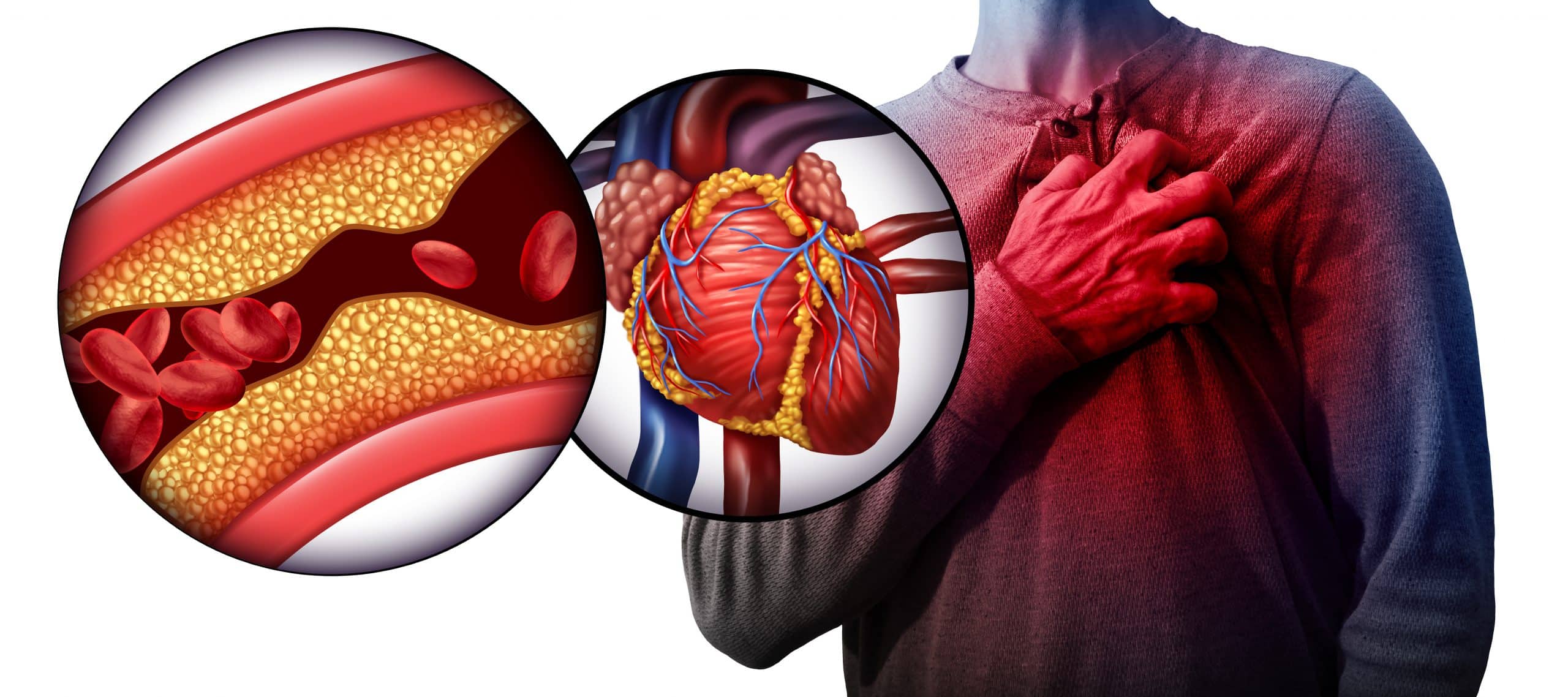Chronic stress can sneak up on all of us. The toll of work, parenting, finances and more can weigh heavily on the mind and leave us tense on a daily basis. Finding a release for stress is challenging amid a busy schedule. The average American doesn’t take vacations—even if their employer offers vacation days. What are the effects of chronic stress, and how could a vacation actually improve your long term cardiovascular health?
Vacation Research
According to the Center for Economic and Policy Research, it’s common practice globally for countries to legally require that employees take a paid vacation. For example, the EU requires that employers offer a minimum 20 paid vacation days. In the United States, on the other hand, employees are actively passing up their vacation days, leaving half a billion vacation days unused in 2013.

According to the European Society of Cardiology, this distinction matters for your heart. According to a 40-year study published in August 2018, vacations should be part of a stress management regiment. To prevent heart disease in those with existing risk factors, longer vacations could be key. According to the study, shorter vacations were associated with higher mortality. On the other hand, short, weekend vacations or “stay-cations” may even be more effective at stress reduction because they involve less pressure and planning while still delivering a sense of escape. In conjunction with a heart-healthy diet, medication, and smoking cessation, taking vacations can contribute to stress reduction and an overall lifestyle that inhibits heart disease. As most experts agree, stress reduction can actually have a serious impact on your risk for heart disease including blood pressure and cholesterol levels. There is even evidence that taking time away from work will increase your productivity when you return.
Stress can be especially dangerous when compounded with unhealthy lifestyle choices like smoking or neglecting to exercise. In addition to stress management, maintain a healthy lifestyle by sleeping enough, exercising, and eating a balanced diet of whole fruits and vegetables.
When Vacation Isn’t the Answer
Although it’s nice to imagine that a vacation could be the end-all solution to health issues, vacation isn’t always the answer. In some cases, self-reported mood following a vacation wasn’t elevated. For example, in 2010, the journal of Applied Research in Quality of Life reported in a survey of 1,500 adults that the majority of participants felt no positive mood shift overall after a vacation.

Simply put: Not all vacations are stress free. Transportation and lodging stress can reverse the emotional benefits of a vacation. In order for a vacation to effectively reduce stress, it should ideally be well planned to minimize potential chaos. Additionally, if your vacation plans involve an overindulgence of smoking or drinking, these habits are not conducive to reducing your risk of cardiovascular disease.
Taking the Leap
Consider picking up those vacation days this year when the holiday season or summer heat rolls around. Work is important, but managing your stress also holds a valuable seat at the table. Mental health can directly impact your physical health if chronic stress sinks in. To reduce your risk of heart disease, high blood pressure and high cholesterol, incorporate at least one annual vacation into your stress management regimen!



